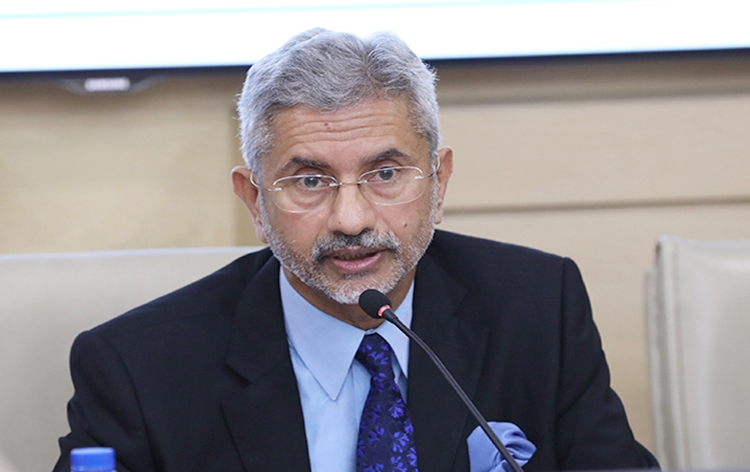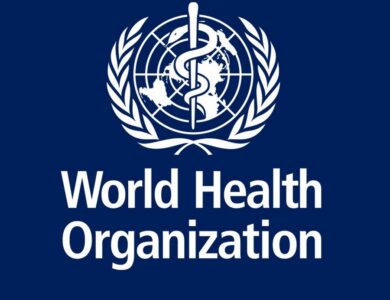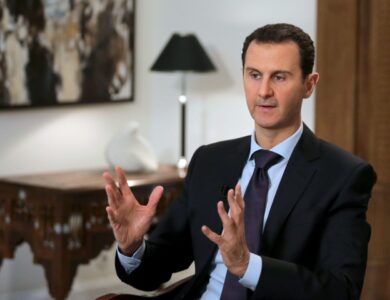India Urges Immediate Ceasefire in Gaza, Calls for Adherence to Humanitarian Law

Riyadh: External Affairs Minister S. Jaishankar, addressing the first India-Gulf Cooperation Council (GCC) Ministerial Meeting for Strategic Dialogue in Riyadh, emphasized that India’s primary concern is the ongoing conflict in Gaza. He expressed New Delhi’s firm stance, supporting an immediate ceasefire amid the prolonged conflict between Israel and Hamas, which has now lasted 11 months.
Jaishankar reiterated India’s consistent position on the issue, condemning acts of terrorism and hostage-taking while expressing deep sorrow over the loss of innocent lives. “The situation in Gaza is understandably our foremost concern. We have always supported a ceasefire, and we remain deeply pained by the continued deaths of civilians,” he stated, stressing the importance of adhering to humanitarian law in any response.
The deadly conflict, which escalated on October 7 when Hamas launched a coordinated assault on Israel, has since claimed the lives of over 40,000 people in Gaza, with 1,200 Israelis killed and 250 others taken hostage. Despite months of fighting, efforts to secure a ceasefire have so far been unsuccessful.
Jaishankar also underlined India’s long-standing commitment to the Palestinian cause, calling for a two-state solution. He noted India’s contributions to Palestinian institution-building and humanitarian aid through the United Nations Relief and Works Agency for Palestine Refugees (UNRWA).
Beyond Gaza, Jaishankar highlighted the growing partnership between India and GCC countries, describing it as rooted in “history, culture, and shared values.” He outlined a vision for future collaboration based on three pillars: People, Prosperity, and Progress.
With close to 9 million Indians living and working in GCC nations, Jaishankar praised the role they play as a “living bridge” between India and the Gulf. Their contributions to the region’s economic growth were acknowledged, and he thanked GCC nations for ensuring their well-being.
Economic ties between India and the GCC have seen remarkable growth, with bilateral trade reaching USD 184.46 billion in the 2022-23 fiscal year. The minister stressed the need to invest in each other’s futures to sustain mutual prosperity. He further identified energy as a cornerstone of cooperation, noting the GCC’s significance as a key supplier and India’s status as one of the fastest-growing energy markets in the world.
Jaishankar also outlined potential areas for collaboration in renewable energy, technology, innovation, health, space exploration, and education. He emphasized that such partnerships would not only strengthen bilateral ties but also help address global challenges, including environmental sustainability.
The GCC-India relationship, built on trust and mutual respect, aims to navigate the rapidly changing global landscape, driven by technological advancements, shifting geopolitics, and an evolving global economy, Jaishankar noted. He also highlighted the Gulf’s pivotal role in global geopolitics, pointing out that in times of conflict and tension, shared values can foster peace, security, and stability.
In conclusion, Jaishankar called for deepening the India-GCC partnership to tackle common challenges, noting that adversity often reveals the true importance of friendships. He said that the pandemic had demonstrated the critical interdependence between India and the GCC in areas like health, food, and maritime security. As the world shifts toward multipolarity, he urged both sides to continue supporting each other’s aspirations.
“Let’s seize this moment to deepen our bonds, explore new opportunities, and forge a collaborative future,” Jaishankar concluded.








